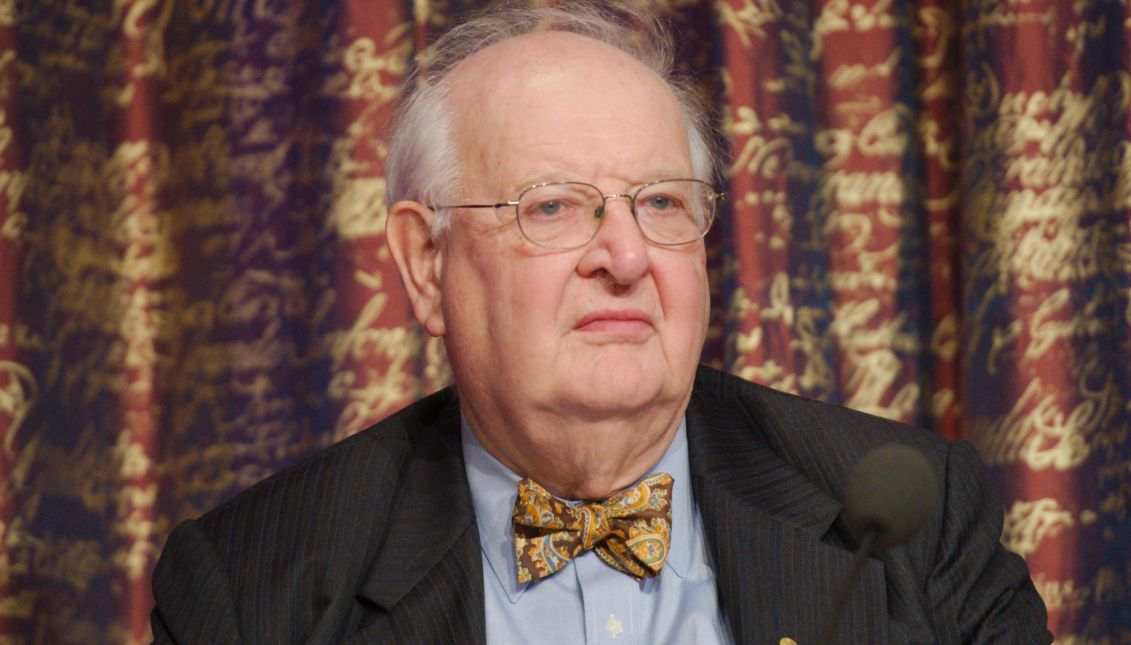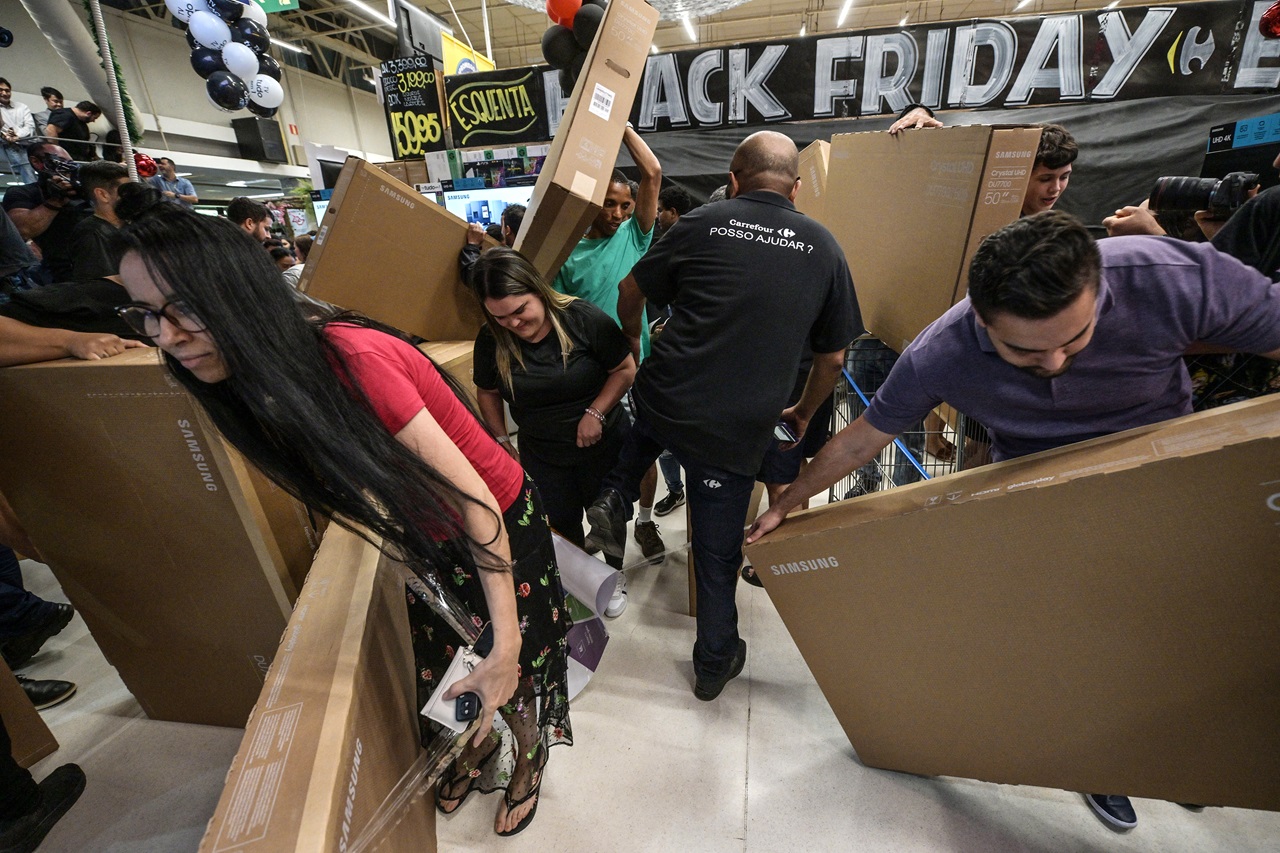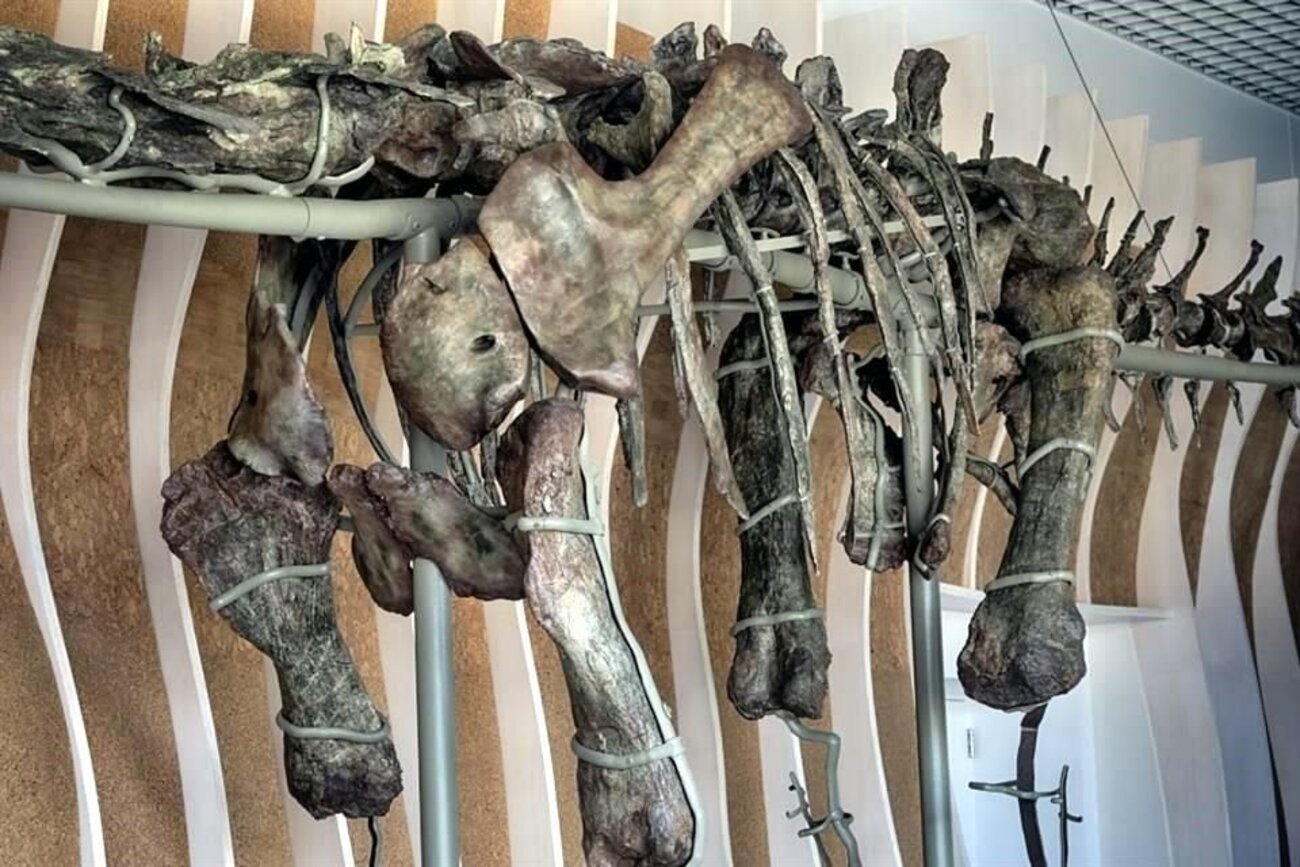
"If you ask people how their lives are going, they point to income"
Angus Deaton, fellow economist at Princeton and winner of the Nobel Prize for economics in 2015, is an optimistic defender of globalisation.
In 2015, Deaton co-published a paper revealing a surge in suicides and other “deaths of despair” among high school-educated white men in the U.S had reached such an alarming level that middle-aged whites collectively had become the only demographic group in America in decades to see rising mortality. By their calculations, between 1999 and 2013 as many as 490,000 extra lives were lost as a result of the shift.
The Case/Deaton study was seized on as causal evidence for the rise of Trump and his appeal to disgruntled white voters in the American heartland, reports the Financial Times. Deaton is among those who sees Trump’s election — and the Brexit vote that shocked the UK earlier in the year — as a consequence of the arrogance of political elites.
Deaton points out the paper’s conclusion was actually that gains in happiness flattened out once you rose out of poverty. “Trump is always telling people how great his life is and about all the great things that he’s done and that’s also all about his income. And that’s also what we found. If you ask people how their lives are going, as a whole, it seems they tend to point to income,” regardless of the diminishing gains in happiness.
Read the full interview with Nobel Prize economist Angus Deaton in the Financial Times.










DEJE UN COMENTARIO:
¡Únete a la discusión! Deja un comentario.